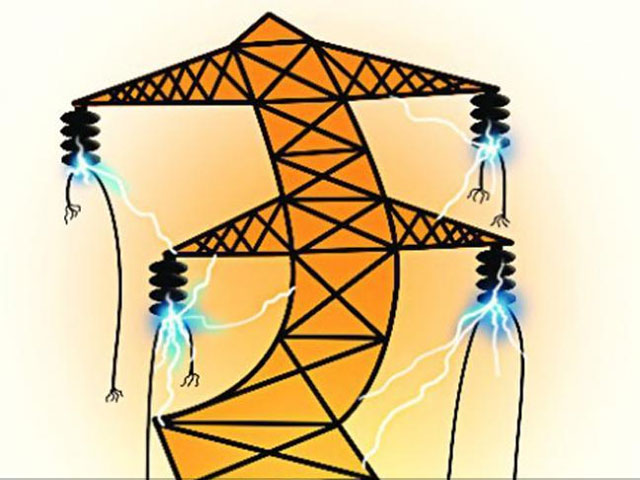The government has proposed major reforms such as separation of ‘carriage and content’, penalty for power cuts, setting up of a national power committee and raising penalties for power theft, as it seeks to amend the Electricity Act, 2003.
Laying the groundwork for separation of ‘content and carriage’ — a project which has been in the back burner for quite some time — the government has distinguished between electricity supply and distribution for the first time. It has separately defined ‘area of supply’ and ‘area of distribution’.
Separating carriage and content would segregate distribution grid from distribution of electricity, effectively allowing end-consumers to choose where they want to buy electricity from — something similar to current telephone or television connection system.
In line with amendments to the electricity tariff policy proposed earlier this year, the Electricity Act amendment also wants to introduce a penalty mechanism for gratuitous load-shedding by electricity distribution companies (discoms). However, power cuts due to technical faults would not attract penalties.
Similarly, the amendment proposes to cap the cross subsidy — additional tariffs paid by industrial and commercial consumers to subsidise households and farmers — at 20%. However, “the reduction in cross subsidy shall be not less than 6% in one year,” it said.
The Centre, the amendment says, may establish a ‘national power committee’ for facilitating the integrated operation of the power system at the national level, and regional committees for regional operations. As per the amendment, the government will also be entitled with a number of additional responsibilities such as framing policies for cross-border exchange of electricity and granting fiscal and financial incentives for promotion of the renewable energy.
Committed to curb power pilferage, the amendment proposes to raise the penalty amount for power theft to Rs 50,000 per kilowatt or kilo volt ampere (depending on the nature of power supply) for industrial consumers from the current rate of Rs 20,000 per unit. The same for commercial consumers are recommended to be increased to Rs 30,000 from Rs 10,000. The upper limit of penalties for not complying with any order under the Electricity Act have been raised to Rs 1 crore from Rs 1 lakh. Additional fine may be extended to Rs 1 lakh every day, from the current rate of `5,000 per day, during which the failure continues after conviction of such offence.
The Bill to amend the Act was introduced in the Lok Sabha in December 2014. Stakeholders were asked to send their feedback on the proposals within 45 days.
The amendment has proposed to make it mandatory for monitoring authorities to review every two years to check if every discom has tied up long- or medium-term power purchase agreements to meet the annual average power requirement in their areas of supply. It also said if state governments decide to subsidise certain consumer categories, it has to be done solely through direct benefit transfer mechanism.
Accommodating the prepaid metering systems, the amendment allows discoms to collect electricity charges from prepaid consumer in advance. “The supply shall automatically stop when the quantum of electricity for such payment has been consumed,” it said. Prepaid meters are currently being promoted by the government as a mean of not allowing aggregate technical and commercial losses to mount up in the face of the 100% household electrification target under the Saubhagya scheme.[SOURCE-THE FINANCIAL EXPRESS]













Add comment